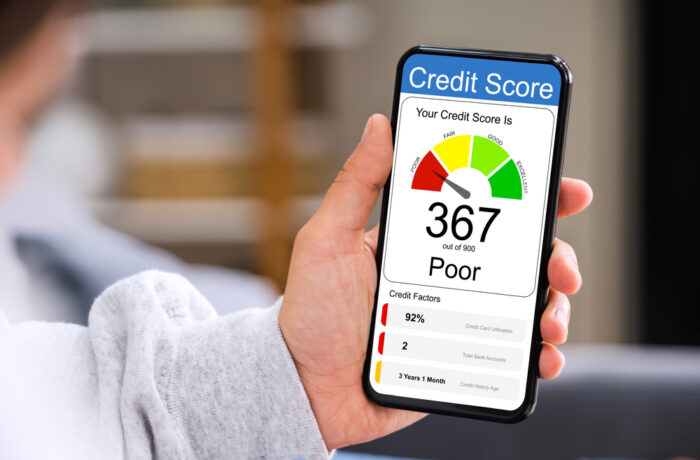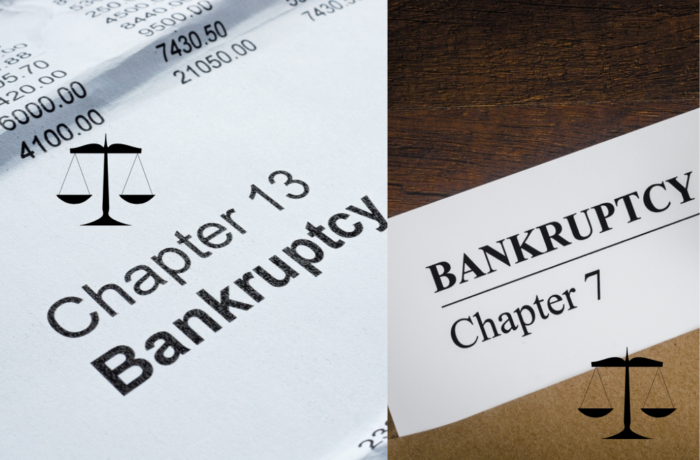By Chris Tobias
In these tough economic times many individuals and businesses are finding it difficult to meet their financial obligations. If your situation is not imminently dire there are steps you can take to ward off a bankruptcy. Establishing and maintaining good credit is not as hard as one might think. First, holding multiple active credit cards is a no-no since this, in essence, leads people to spend more than they actually have, plus interest for the pleasure. This activity can become so out of control that people start to pay off credit cards with credit cards which, in turn, causes a terrible chain reaction. The lesson to be learned here is to develop a budget. Spend only what you can afford and even then, only after the bills have been paid. Second, squirrel something away for a rainy day. A general rule of thumb is to set aside a stash of no less than two thousand dollars in case of an unforeseen emergency. Finally, watch your bank account; don’t allow yourself to become overdrawn. Don’t rely on your bank’s overdraft to keep you going from month to month.
How do I know if I should file personal bankruptcy?
Are you calling because you are being sued? If you are being sued, and you own a home, we strongly urge you to speak with us immediately about filing bankruptcy. A bankruptcy filing will stop a lawsuit immediately and prevent your creditors from placing a lien on your home or garnishing your hard-earned wages.
Is your home being foreclosed or is your car about to be repossessed? If it is, very often bankruptcy may prevent the foreclosure action or repossession from proceeding and allow you to consolidate your mortgage arrears or automobile balance and make payments on those debts over time through a payment plan designed by us with your help. If your house is being foreclosed or your car is about to be repossessed, Chapter 7 bankruptcy may not be an option. Chapter 13 bankruptcy may save your house and your car.
If bankruptcy should come knocking on your door, however, be smart about it. Avoid credit repair scams. Approach it honestly and head on. All outstanding debt must be listed on your bankruptcy forms. Any omissions can be considered fraud and cause your bankruptcy to be discharged without relief. You may also face fines and/or prison. And don’t fear. Contrary to the common misconception it doesn’t take 10 years to recover from a bankruptcy. Within 18-24 months you could potentially qualify for loans and credit under the same terms as if you hadn’t filed for bankruptcy.





